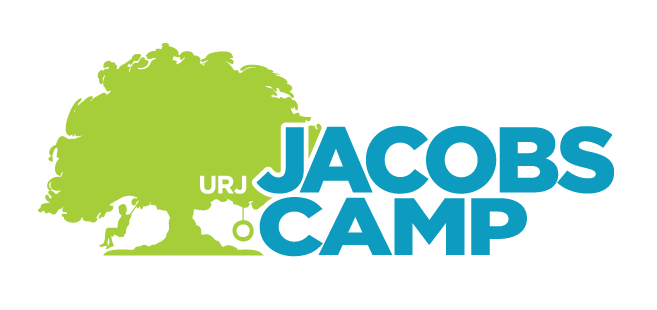Several years ago, my child and I were walking through a particularly littered place. He started kicking a can down the street. When we were about to turn onto another street, I told him to go and pick up that can and carry it until we found a place to dispose of it. He asked me why. “There is so much trash there, you don’t expect me to pick it all up, do you?” Would you have required your child to pick up the can? What would you have answered?
In our Talmud, Rabbi Tarfon teaches (Avot 2), “Lo alecha hamelacha ligmor, v’lo ata ben chorin lihivatel memena. You don’t have to do all of it, but you are not free to walk away.” A little later on in Talmud, Rabbi Hillel said, “One who does not increase, decreases.” In today’s terms, “If you’re not part of the solution, you are part of the problem.”
We have to be involved with the world around us — in a way which makes it better. I have started examining the reason — which is not so obvious. Is it to improve the world or to improve ourselves? I’ve started to notice a theme through texts about tzedaka (community responsibility to care for others). Efficiency is not valued very highly — but consistency is.
Tzedaka is not measured by the effects on the recipients, but rather on the effects of the donors. It is not how many people you feed, but that you never turn away a hungry person. The quotes from Bible are: “Do not be hard hearted….Open your hand to them” (Deuteronomy 15) and “Her hand is open to the poor.” (Proverbs 31). The focus is on the hand of the donor, not the hand of the poor person.
Over and over again, this theme pops up: “Even the recipients of tzedaka are obligated to give tzedaka” (Kitzur Shulchan Aruch 34). This is surely a very small amount — why is it so significant?
The reason we do tzedaka is so that we don’t shrivel up and become calloused to the world. We can’t fix everything, but we must respond to needs within our circle of awareness. Leviticus 19 tells us “Don’t stand idly while your neighbor bleeds.” We can’t see hurt and be unresponsive. If it is not within our circle of awareness, we are not commanded to act.
My son brought the can he was kicking into his circle of awareness. He was now responsible for it. If he didn’t kick a can, I wouldn’t have required him to pick one up. Which leads to another question. Is it better to go through life with your eyes open, or to focus only on items close at hand? If we become more worldly, we bring many more people, and their needs, into our circle of awareness.
At its core, this Tour To The Wonderful is about expanding our circle of awareness — going to new communities and asking to be included as a member. Now that we are more aware, we bear responsibility to not stand idly by.
Was it foolish to seek out needs in remote places?
Looking back, I think this is one of our greatest findings. We grow as persons when we grow in awareness AND THEN ACT RESPONSIBLY ON THAT AWARENESS. We have discovered that spiritual growth comes from both awareness and acting on it. Perhaps that is why we were put here. – Rabbi Jeff
When Jeff & MIndy met “Life Took A Turn To The Wonderful”, as expressed on their wedding invitation. Fortified with Jewish values instilled by their parents and grandparents they have been to Haiti and Bangladesh on humanitarian missions. The couple enjoys traveling , often escorting groups to Israel. They recently returned from Tour To The Wonderful, a “pandemic aware’ cross country giving journey.
